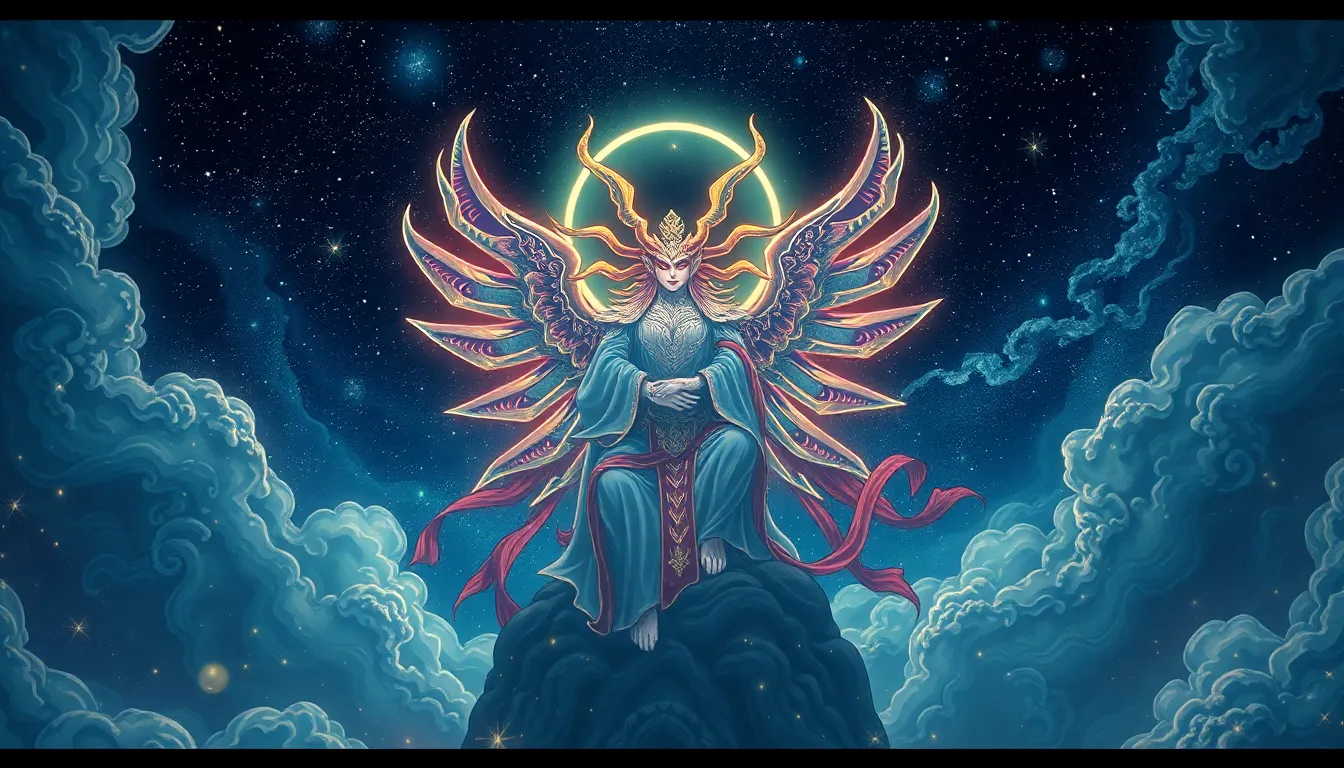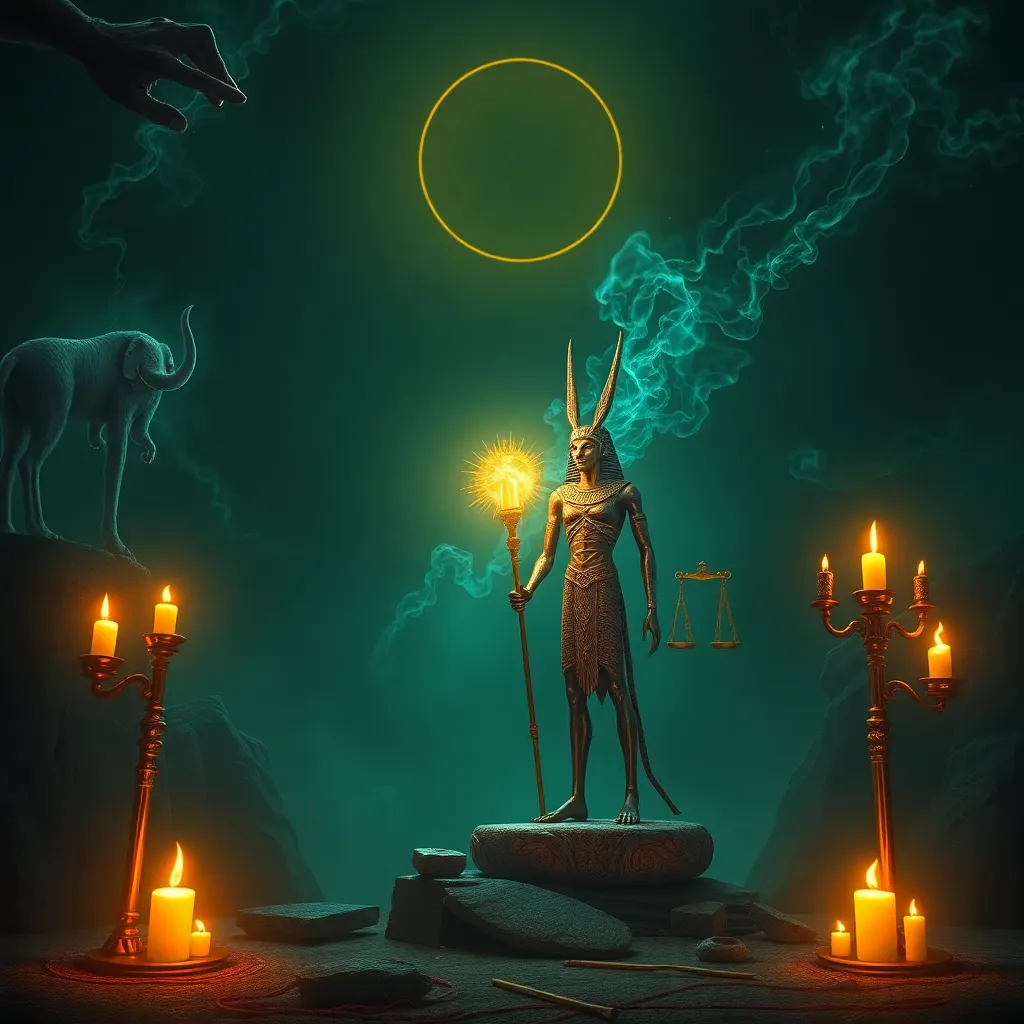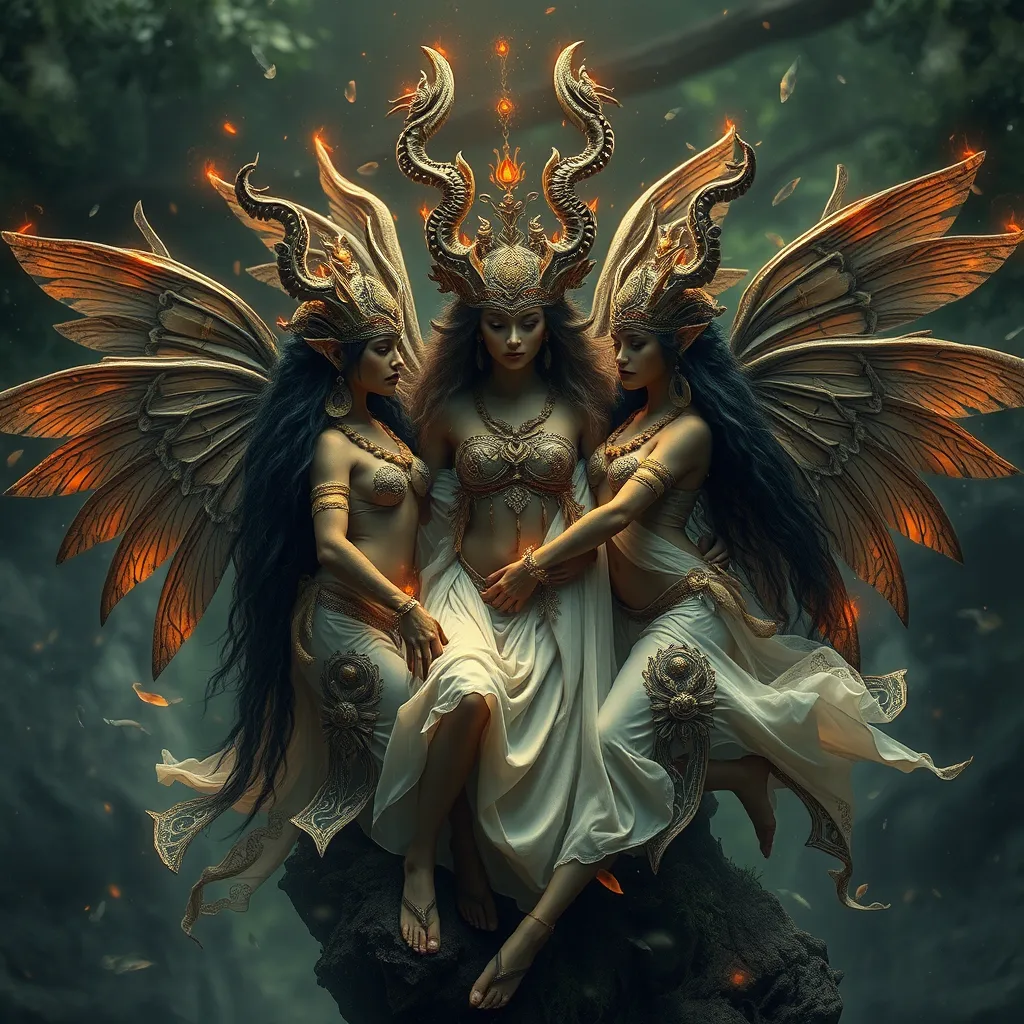The Mythological Horse of Prophecy: Exploring the Use of Pegasus as a Messenger of Fate and Fortune
I. Introduction
In the rich tapestry of Greek mythology, few figures are as emblematic and enduring as Pegasus, the winged horse. Known for his beauty and majestic presence, Pegasus transcends mere myth to represent deeper themes of prophecy, inspiration, and fortune. This article aims to delve into the significance of Pegasus as a symbol of prophecy, exploring its origins, cultural impact, and legacy.
II. Origins of Pegasus in Greek Mythology
The tale of Pegasus begins with his extraordinary birth. According to legend, he sprang forth from the blood of Medusa when she was slain by the hero Perseus. This miraculous lineage connects him to both the divine and the monstrous, embodying a unique duality.
Throughout Greek myths, Pegasus plays vital roles, from aiding heroes to inspiring poets. His most notable association is with the Muses, the goddesses of inspiration. When he struck the ground with his hoof at Mount Helicon, it is said that the Hippocrene spring emerged, a source of poetic inspiration.
III. Pegasus as a Symbol of Prophecy
Historically, winged horses have been interpreted as divine messengers, conveying messages from the gods to mortals. Pegasus, in particular, embodies this symbolism, often appearing in contexts that suggest foretelling or guidance.
In various myths, Pegasus is linked to prophetic tales, such as:
- The story of Bellerophon, where he aids in the defeat of the Chimera, a creature that threatened the fate of the land.
- His connection to the Muses, where he inspires prophetic visions and artistic endeavors.
IV. Pegasus in Literature and Art
Pegasus has been depicted in countless ancient texts, from Homer’s epics to later Roman interpretations. These depictions often highlight his role as a symbol of divine inspiration and creativity.
The Renaissance brought about a resurgence of interest in Pegasus, influencing art and poetry profoundly. Artists like Sandro Botticelli and later poets like John Milton incorporated Pegasus into their works as a symbol of higher thought and divine inspiration.
In modern interpretations, Pegasus continues to inspire artists, appearing in various forms, from children’s literature to blockbuster films, symbolizing freedom and the pursuit of dreams.
V. The Role of Pegasus in Fate and Fortune
In many mythological narratives, Pegasus plays a pivotal role in influencing the fate of characters. His presence often heralds significant changes, guiding individuals through trials and tribulations.
The duality of fortune is a recurring theme in these tales:
- Benevolent outcomes, where Pegasus aids heroes in overcoming insurmountable odds.
- Malevolent outcomes, where the absence of Pegasus leads to despair or tragedy.
This duality underscores Pegasus’s role as not just a guide but also a symbol of the unpredictable nature of fate.
VI. Cultural Impact of Pegasus Beyond Greek Mythology
Beyond Greek mythology, Pegasus has found adaptations in various cultures and religions. In some traditions, he is seen as a symbol of purity and enlightenment. His image has evolved over time, appearing in medieval bestiaries and later in heraldry, signifying nobility and valor.
In contemporary storytelling, Pegasus has been reimagined in various forms:
- Films and television series showcasing Pegasus as a powerful ally or a majestic creature.
- Literature that reinterprets his symbolism, often aligning him with themes of hope and resilience.
This evolution highlights Pegasus’s universal appeal and adaptability across different narratives and cultures.
VII. The Legacy of Pegasus in Modern Society
In modern pop culture, Pegasus appears in various formats, from animated films to video games, maintaining his status as a beloved figure. His legacy is evident in:
- Movies such as “Clash of the Titans” and “Hercules,” where Pegasus is portrayed as a loyal companion.
- Literary works that explore themes of destiny and transformation, often using Pegasus as a metaphor for personal growth.
The metaphorical use of Pegasus extends to discussions of self-discovery and aspiration, representing the journey towards one’s dreams and ambitions, encouraging individuals to rise above challenges.
VIII. Conclusion
In summary, Pegasus stands as a powerful emblem of prophecy and fortune, embodying the complexities of fate in both myth and modern storytelling. His enduring allure lies in his ability to inspire and guide, serving as a reminder of the potential for greatness within us all.
As we continue to explore the significance of mythological symbols like Pegasus, we gain insight into the human experience, reflecting on our own journeys through the trials and tribulations of life. The relevance of Pegasus in today’s world is a testament to the timeless nature of these archetypal figures, offering hope and inspiration in an ever-changing landscape.



